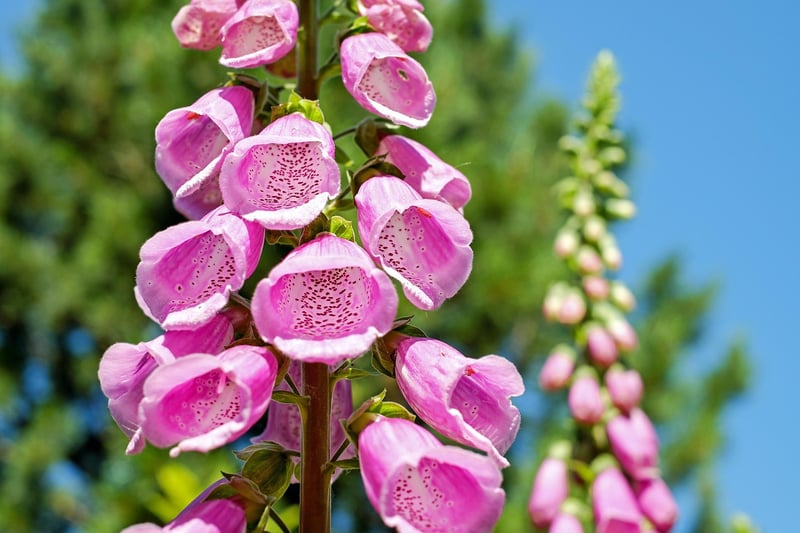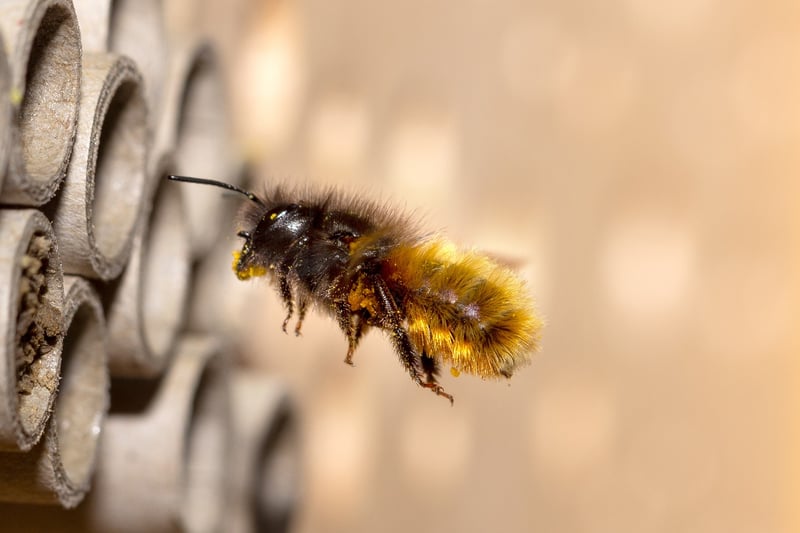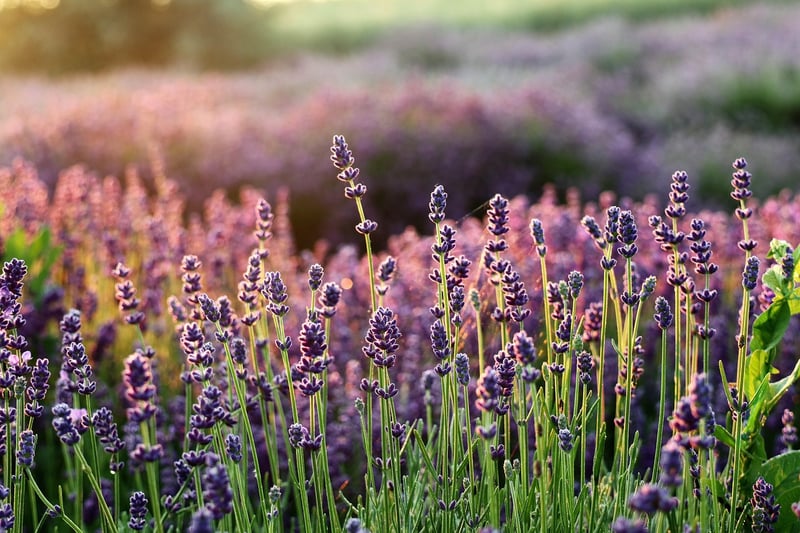Pest control strategies
Caring for Your Vertical Garden and Pest Control Strategies
Introduction
Welcome to our guide on caring for your vertical garden and effective pest control strategies to keep your plants healthy and vibrant. Vertical gardens are a fantastic way to maximize your space and create a green oasis in any setting. However, they require specific care to thrive and may be more prone to pest infestations due to their unique design. Let's explore how you can ensure the success of your vertical garden and keep pests at bay.
Caring for Your Vertical Garden
Vertical gardens come with their own set of care requirements to ensure the health and vitality of your plants. Here are some essential tips:
1. Proper Watering
Ensure your vertical garden receives adequate water. The vertical orientation may cause water to drain faster, so monitor the moisture levels regularly and adjust your watering schedule accordingly.
2. Adequate Sunlight
Place your vertical garden in a location that receives sufficient sunlight based on the needs of the plants you have chosen. Some plants may require more sunlight, while others thrive in partial shade.
3. Regular Pruning and Maintenance
Trim and prune your plants as needed to promote healthy growth and prevent overcrowding. Regular maintenance will also help you spot any signs of pest infestations early.
4. Fertilization
Provide your plants with the necessary nutrients by fertilizing them regularly. Choose a fertilizer suited to the types of plants in your vertical garden and follow the instructions for application.
Pest Control Strategies
Despite your best efforts, pests may still find their way into your vertical garden. Here are some effective pest control strategies:
1. Natural Predators
Encourage beneficial insects like ladybugs, lacewings, and spiders that feed on garden pests to establish a natural balance in your vertical garden.
2. Neem Oil
Use neem oil, a natural insecticide, to deter common garden pests like aphids, mites, and whiteflies. Dilute the oil according to the instructions and spray it on affected plants.
3. Companion Planting
Plant pest-repelling herbs and flowers like marigolds, basil, and lavender alongside your main crops to confuse and deter pests.
4. Regular Inspections
Inspect your vertical garden regularly for any signs of pest damage or infestations. Early detection allows for prompt intervention and prevents pests from causing widespread harm.
Conclusion
By following these care tips and pest control strategies, you can ensure the health and beauty of your vertical garden while minimizing the risks of pest infestations. Remember to tailor your approach based on the specific needs of your plants and stay vigilant in monitoring their well-being. Happy gardening!




References: The Spruce - Vertical Gardening Tips, Planet Natural - Pest Control Strategies
